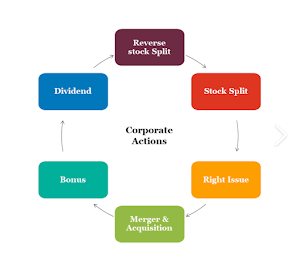ASSET MANAGEMENT
DEFINATION:
Asset management refers to the systematic process of developing, operating, maintaining, upgrading, and disposing of assets in a cost-effective manner. Assets can include a wide range of items, from financial investments and real estate to physical equipment and intellectual property. The goal of asset management is to optimize the performance and value of assets while minimizing risks and costs.
Asset management encompasses various categories, and hedge funds, mutual funds, and portfolio management are distinct types within this broader field. Let's explore each of these categories: Hedge Funds: Definition: Hedge funds are investment funds that pool capital from accredited individuals or institutional investors and employ various strategies to earn returns for their investors. Characteristics: Hedge funds often use alternative investment strategies, including short selling, leverage, derivatives, and other complex methods. They typically charge both a management fee (a percentage of assets under management) and a performance fee (a percentage of profits). Hedge funds are known for their flexibility in investment strategies and can invest in a wide range of assets.
Mutual Funds:
Definition: Mutual funds are investment vehicles that pool money from many investors to invest in a diversified portfolio of stocks, bonds, or other securities, managed by a professional fund manager. Characteristics: Mutual funds offer diversification by investing in a variety of assets, reducing individual investor risk. They are typically open-end funds, meaning they issue and redeem shares at the net asset value (NAV) determined at the end of each trading day. Mutual funds may have different objectives, such as growth, income, or a combination, catering to different investor preferences.
Portfolio Management: Definition: Portfolio management involves the selection and management of a combination of assets (stocks, bonds, real estate, etc.) to achieve specific investment objectives. Characteristics: Portfolio managers assess risk tolerance, investment goals, and time horizons to construct portfolios that align with clients' needs. Active portfolio management involves making frequent adjustments to the portfolio based on market conditions and investment opportunities. Passive portfolio management, often associated with index funds, aims to replicate the performance of a specific market index.
While hedge funds and mutual funds are specific types of investment funds, portfolio management is a broader practice that can be applied in various contexts, including managing individual or institutional portfolios within or outside of funds. Both hedge funds and mutual funds fall under the umbrella of asset management, as they involve the professional management of financial assets to generate returns for investors. Portfolio management, on the other hand, is a broader term that encompasses the management of a collection of assets, which may include those within mutual funds, hedge funds, or other investment vehicles.






Comments
Post a Comment